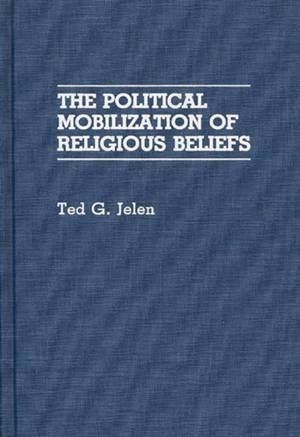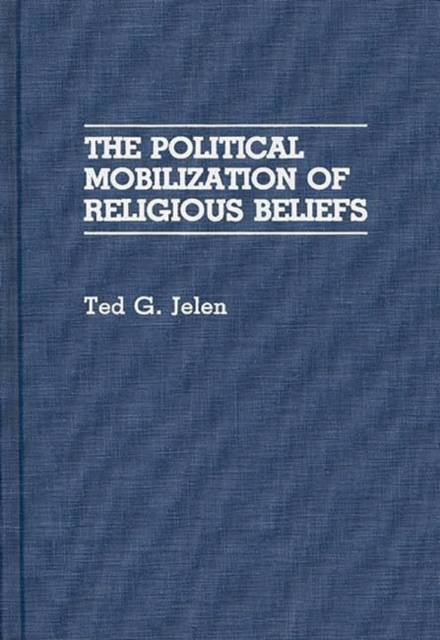
- Afhalen na 1 uur in een winkel met voorraad
- Gratis thuislevering in België vanaf € 30
- Ruim aanbod met 7 miljoen producten
- Afhalen na 1 uur in een winkel met voorraad
- Gratis thuislevering in België vanaf € 30
- Ruim aanbod met 7 miljoen producten
Omschrijving
Ted G. Jelen's study asks two basic questions: Why do some people apply their religious beliefs to their political behavior, and what are the consequences of politicized Christianity for the practice of democracy in the United States? Supportive data for his findings, collected from the members and clergy of fifteen churches in a rural Midwestern county, suggest that the decline of the Christian Right is due to religious particularism. Mutual distrust and suspicion among Fundamentalists, Evangelicals, Charismatics, and Pentecostals, as well as their widespread antipathy to Roman Catholics, prevents the formation of potentially powerful political coalitions.
This book explores religion's tendency to impact conservative politics and what the nature of a fractured religious right implies. Jelen shows that religiously directed politics are often motivated by a prejudice against religious outsiders. Since the Christian Right supporters have not successfully internalized the humble, nonjudgmental tenets of Christianity, both the effectiveness of the politics and the essence of the Christianity suffers. Jelen's discussion encourages dialogue among researchers, scholars, and activists.Specificaties
Betrokkenen
- Auteur(s):
- Uitgeverij:
Inhoud
- Aantal bladzijden:
- 208
- Taal:
- Engels
Eigenschappen
- Productcode (EAN):
- 9780275934392
- Verschijningsdatum:
- 30/03/1991
- Uitvoering:
- Hardcover
- Formaat:
- Genaaid
- Afmetingen:
- 156 mm x 247 mm
- Gewicht:
- 530 g

Alleen bij Standaard Boekhandel
Beoordelingen
We publiceren alleen reviews die voldoen aan de voorwaarden voor reviews. Bekijk onze voorwaarden voor reviews.









